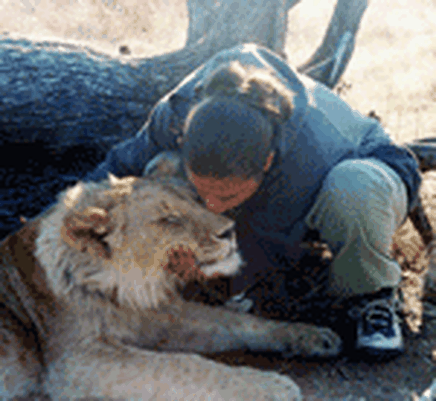Give Blood Before You Travel
When planning a trip to a foreign country, add a visit to your local blood bank to your list of things to do before you travel.
I recently found out the hard way that certain countries are on a black list at blood banks. And the list is fairly long. Having traveled through a region where there's any possibility of contracting a blood-borne disease will red flag you, and the blood bank won't be able to accept a donation for at least one year after your return. And if you'll be traveling to another at-risk country within that year, the clock restarts when you return from that second trip.
I used to be a big blood donor. The mobile unit would visit our offices every three months or so, and I always made a point of working my way down to the basement where the temporary clinic would be set up. After 9/11, I tried again to give blood, but was politely turned down as I had just returned from Tahiti (my souvenir was a tattoo, another taboo that will cause you to wait a year before donating). Before that year was out, I had moved abroad.
Just a few months after returning to America, a fraternity at my university arranged for the Red Cross to run a blood drive on campus. I showed up to donate, and was given the standard questionnaire which uncovered my recent travels. Sitting down with a tech and a computer, we went through the various countries I had been to within the previous year and was denied the ability to donate yet again. This time, having lived in Iraq was the disqualifier, where sand flies are known to carry a disease called leishmaniasis which can cause painless skin sores (at best) or can even affect internal organs.
Malaria is another common disease that will put your donation on hold- twelve months for travelers, and three years if you lived in a malaria hot spot. And you lose eligibility to donate entirely if you lived for an extended period of time in areas known to have mad cow disease. http://www.redcross.org/donate/give contains a link to their eligibility guidelines for travelers' and other health issues.
And keep in mind, you don't need to actually contract the illness. The fact that you were in a region where you might have contracted it is enough for the blood banks to take extra precautions and refuse your blood.
After being turned down this last time, the tech and I went through a list of countries I'm considering for upcoming travel. I wanted to see if any would put me back on the blood bank black list. As it turns out, it looks like it will be quite a long time before I'll be allowed to give blood again.
